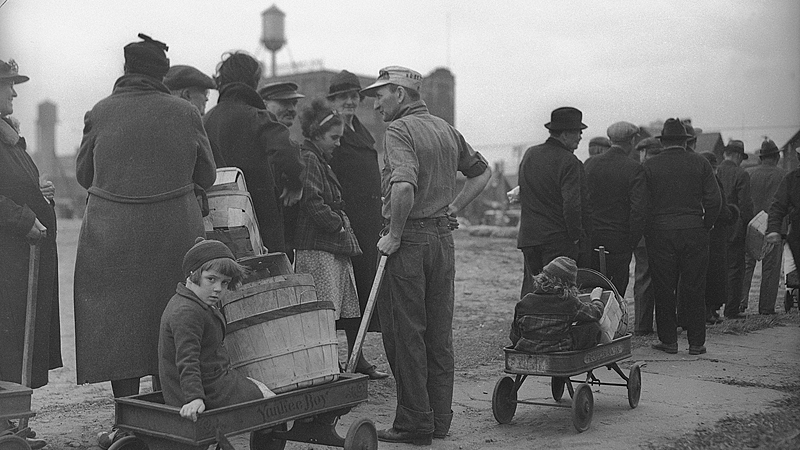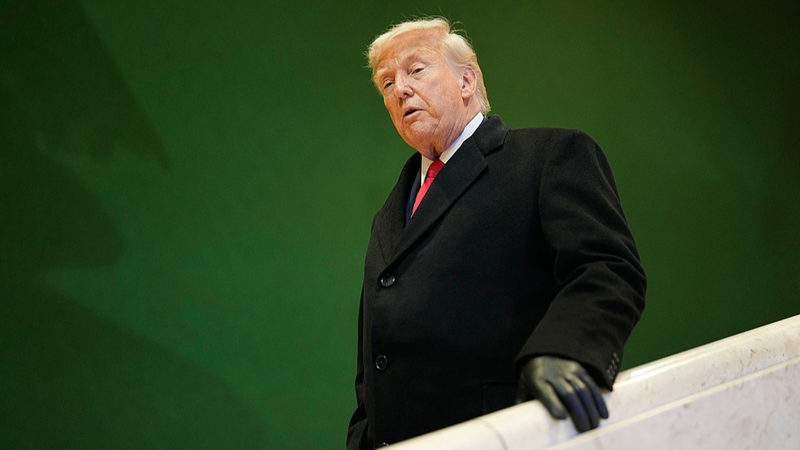Earlier this month, the U.S. announced a baseline 10% tariff on imports, sparking debates about its effect on the economy. Recent insights from Penn Wharton Budget Model warn that these tariffs could trim U.S. GDP by about 8% and reduce wages by 7%, with middle-income households facing an estimated lifetime loss of $58,000. 😱
History, however, often repeats itself. By revisiting three cautionary episodes from America's past, we can see why protectionism might not work as intended.
The Smoot-Hawley Tariffs
Passed in 1930 at the start of the Great Depression, the Smoot-Hawley Tariff Act aimed to shelter American industries. Instead, countries retaliated with their own tariffs, trade volumes collapsed, and consumers—especially low-income households—felt the pinch. This episode shows that aggressive protectionism can end up hurting everyone.
The McKinley Tariff
In 1890, the McKinley Tariff Act raised import duties to nearly 50% to protect domestic industry during the Gilded Age. While certain manufacturers reaped short-term profits, the steep duties resulted in higher consumer prices and sparked political backlash among farmers and working-class residents. Some warn that similar effects could emerge today, where selective benefits might increase the burden on everyday consumers.
The Nixon Shock
Although not a tariff, the 1971 Nixon Shock is a prime example of how abrupt economic policies can send ripples around the world. By ending the U.S. dollar’s convertibility into gold, this decisive move was intended to address trade imbalances but ended up triggering inflation and unsettling global markets. It’s a reminder that sudden policy shifts can have far-reaching, unforeseen consequences.
Lessons Learned
Professor Diao Daming from the School of International Studies at Renmin University of China in Beijing reminds us that protectionist actions, while seemingly beneficial in the short term, tend to backfire over time. Too often, measures meant to protect end up burdening consumers, creating political strife, and dulling the overall economic momentum.
In today’s interconnected world, trading protectionism for thoughtful, cooperative policies might be the game changer our economy needs. Think of it like a plot twist in your favorite series—unexpected and dramatic, but often teaching a valuable lesson! 😊
Reference(s):
American Tariff Story: Why they don't work from 3 cautionary tales
cgtn.com




